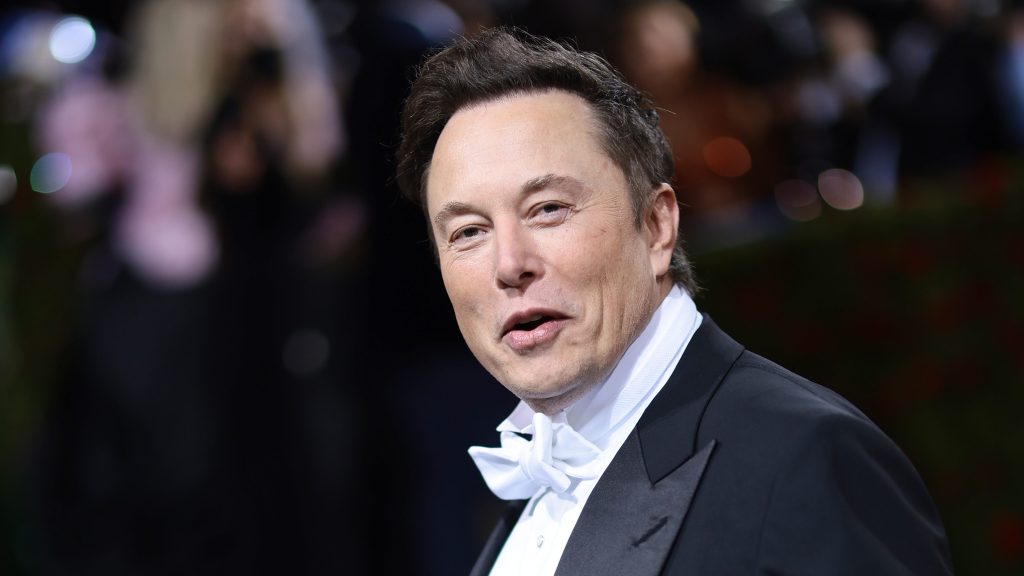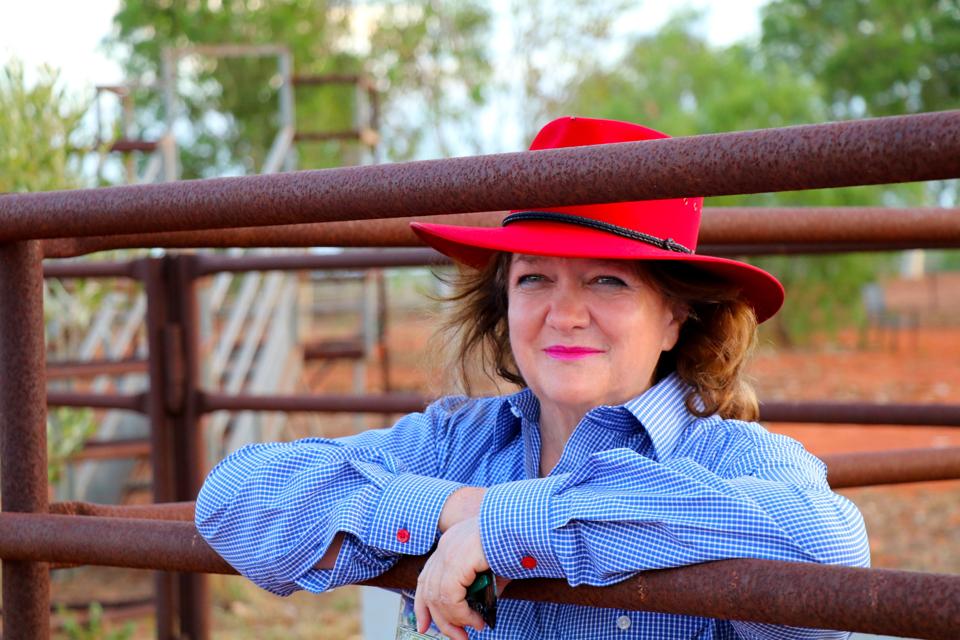A highly anticipated biography of Elon Musk offers a rare glimpse into the mind of the world’s richest man, including juicy details on his complex family dynamics and how he runs his multiple businesses, several critics have written—but some critics say the Walter Isaacson book, leaves unanswered questions and lacks critical analysis of Musk’s controversial side.

Key Takeaways
- New York Times critic Jennifer Szalai described the 688-page book as Isaacson trying to “make sense” of the the Tesla and SpaceX CEO and his many dichotomies, including his desire to change humanity but his struggle to relate to humans themselves; that lack of empathy for others is a trait Isaacson describes as “hard-wired.”
- While overall, Szalai said Isaacson provided an insider look into the mind behind Musk, she questioned why Isaacson didn’t push Musk more, noting one example where Musk argues “civilization will never become multiplanetary” unless “the woke-mind virus, which is fundamentally anti-science, anti-merit and anti-human in general, is stopped,” leaving Szalai asking why Isaacson didn’t ask what exactly that means.
- Washington Post book critic Will Oremus noted the book is entertaining and filled with “juicy details,” but said Isaacson chose to prioritize “revealing anecdotes and behind-the-scenes reportage over a sophisticated critical lens,” and while Isaacson frames the book as a character study of Musk attempting to “reconcile the contradictions at Musk’s core,” Oremus argued that question is a “bit too easy.”
- Some Musk critics have linked his success to inherited wealth or an ability to profit off of others’ ideas, but Isaacson “persuasively dismisses” that notion, Oremus said, saying that “Musk’s companies have thrived both because of and in spite of him.”
- Reviewer Steven Poole at The Telegraph, gave the book four out of five stars, noting that Isaacson offered a few reasons for Musk’s acquisition of Twitter but the most persuasive one was tied to his personal life: The troubled young boy who was bullied in school in South Africa and grew up with an abusive father saw an opportunity to “own the playground,” Isaacson wrote.
- Kara Swisher, a longtime tech reporter and frequent critic of Musk, took to Twitter to briefly describe the book, calling Musk crazy “in a good way, but also a bad way,” and noting that the book reveals Musk has a “pile o’ babies.”
- New Yorker book critic Jill Lepore described Isaacson as a “gracious” and “principled” biographer who—as a former newsroom leader—has a comfort with executives that is clear in the book, noting that in the two years Isaacson compiled materials for the book and followed Musk, he interviewed dozens of people who mostly had high-ranking titles.
- Lepore said Isaacson alluded to the idea that to get stuff done, you can’t always be nice, but Lepore suggested “for the rest of us, Musks’s pettiness, arrogance, and swaggering viciousness are harder to take.”
Tangent
A bombshell excerpt of Isaacon’s book released last week has already led to some pushback by Musk. In the book, the biographer described Musk’s involvement in the Russia-Ukraine war, allegeding Musk cut off the Starlink satellite internet service that Ukraine’s drones were dependent on so Ukraine could not attack a Russian naval fleet in Crimea. Musk believed it would start a nuclear war, Isaacson said. But after multiple outlets released that excerpt of the book, Musk posted on his social media platform X, formerly known as Twitter, claiming he did not cut Ukraine’s Starlink interview in Crimea and that it was already deactivated. Instead Musk said he refused a request from the Ukrainians’ to reactivate it so they could carry out the attack. Isaacson tweeted Friday that Musk’s account of the story was accurate.

Contra
Isaacson also linked Musk’s more recent “conspiratorial side” to Covid-19, which “amped up” his mistrust of bureaucratic regulations and “supercharged his Twitter addiction,” Oremus said. Isaacson compares the entrepreneur to his estranged father, who more recently has descended “into full-on paranoia, conspiracism and overt racism,” Oremus wrote.
Forbes Valuation
$251.3 billion. That’s how much Forbes estimated Musk is worth. He currently occupies the top spot on Forbes’ list of the world’s richest people largely because of his stake in Tesla and other companies he co-founded, including SpaceX and Neuralink.
Key Background
A former CNN and Time leader, Isaacson has made a name for himself writing biographies of men who have a place in history, including Steve Jobs, Benjamin Franklin and Albert Einstein. Isaacson shadowed Musk for two years into meetings at his many companies including Tesla and SpaceX to capture a glimpse of the complex and increasingly controversial entrepreneur. In recent years, particularly since Musk bought Twitter in 2022, he’s made a number of controversial comments that have brought his name into the spotlight for reasons other than his technological aspirations. He’s publicly been skeptical of Covid-19 and the vaccine, despite saying in 2021 that he was vaccinated. Musk has also publicly doubted a mass shooter’s widely reported far-right connections while calling coverage of the related shooting a “psyop.” He’s also egged on verbal attacks against public health officials.
This story was first published on forbes.com
Look back on the week that was with hand-picked articles from Australia and around the world. Sign up to the Forbes Australia newsletter here.

